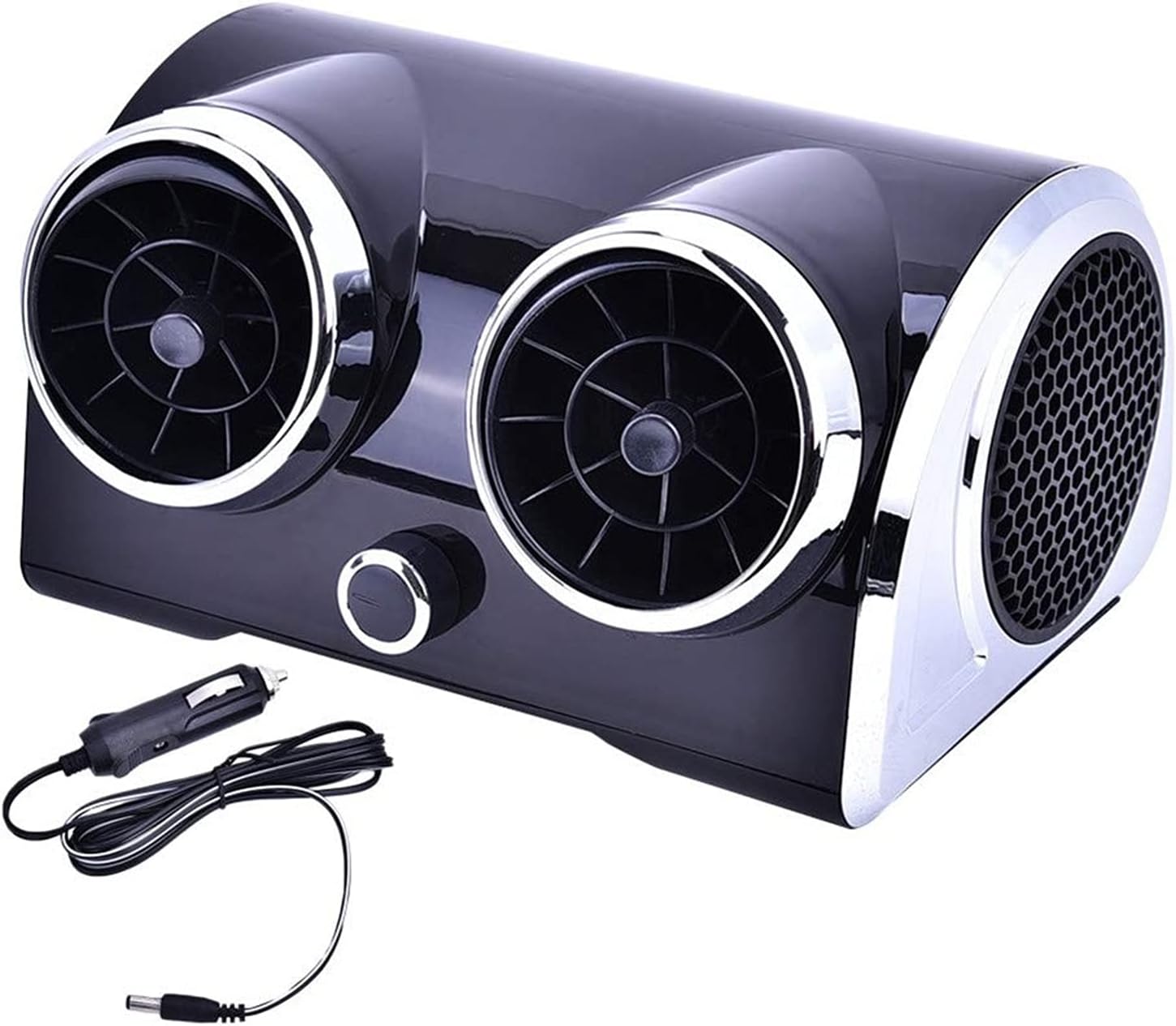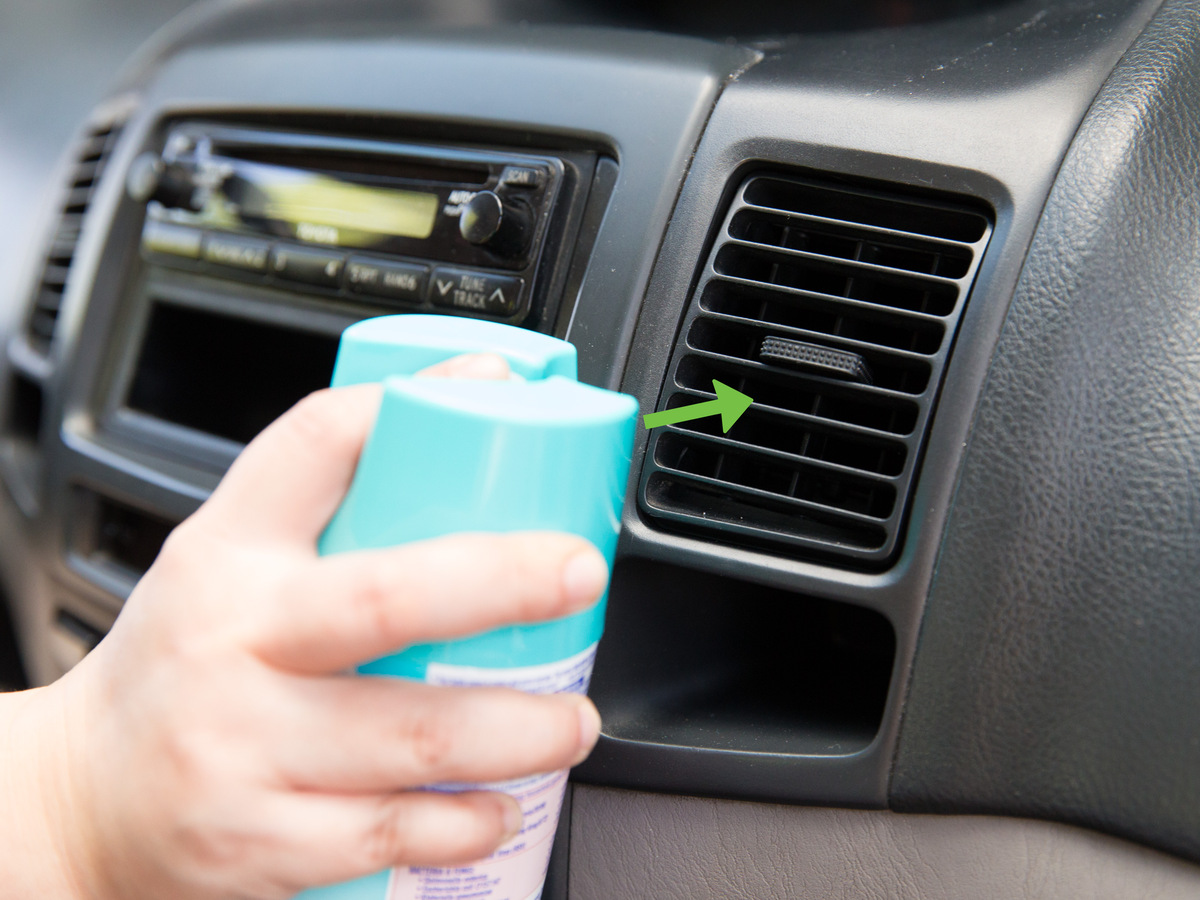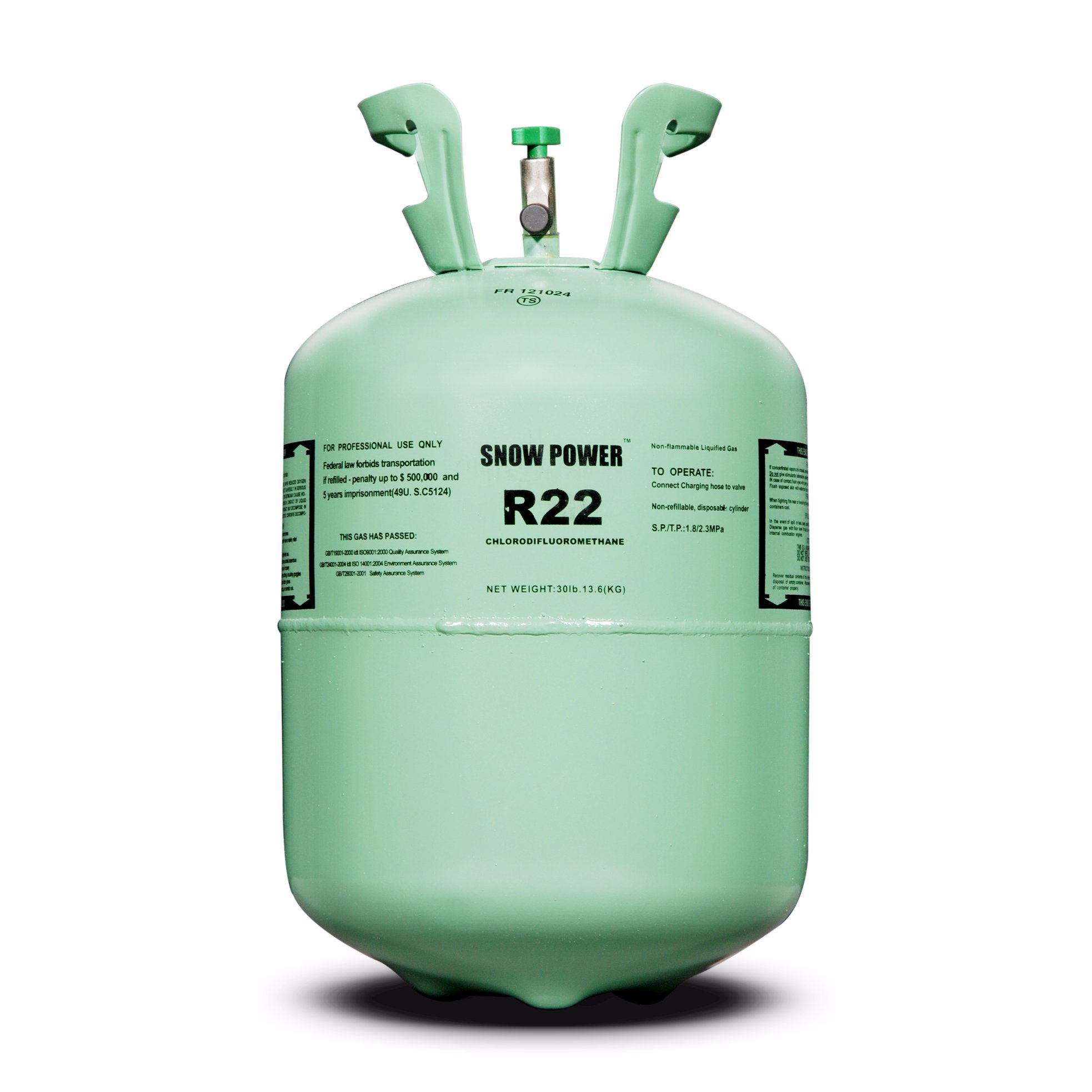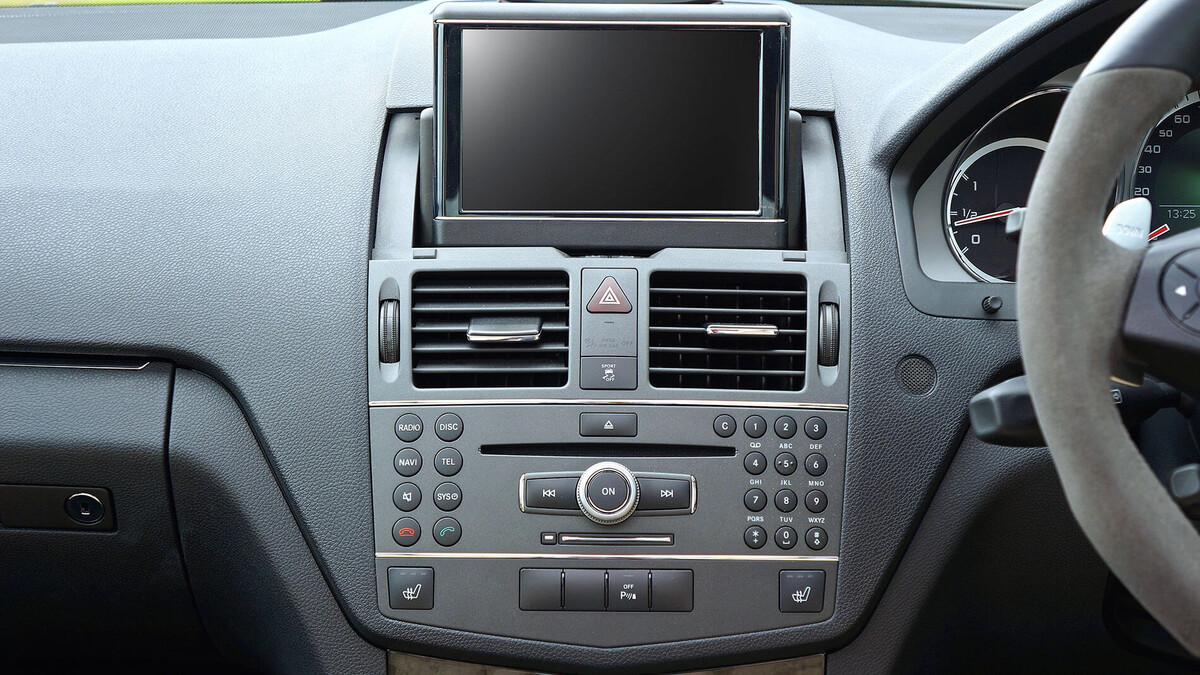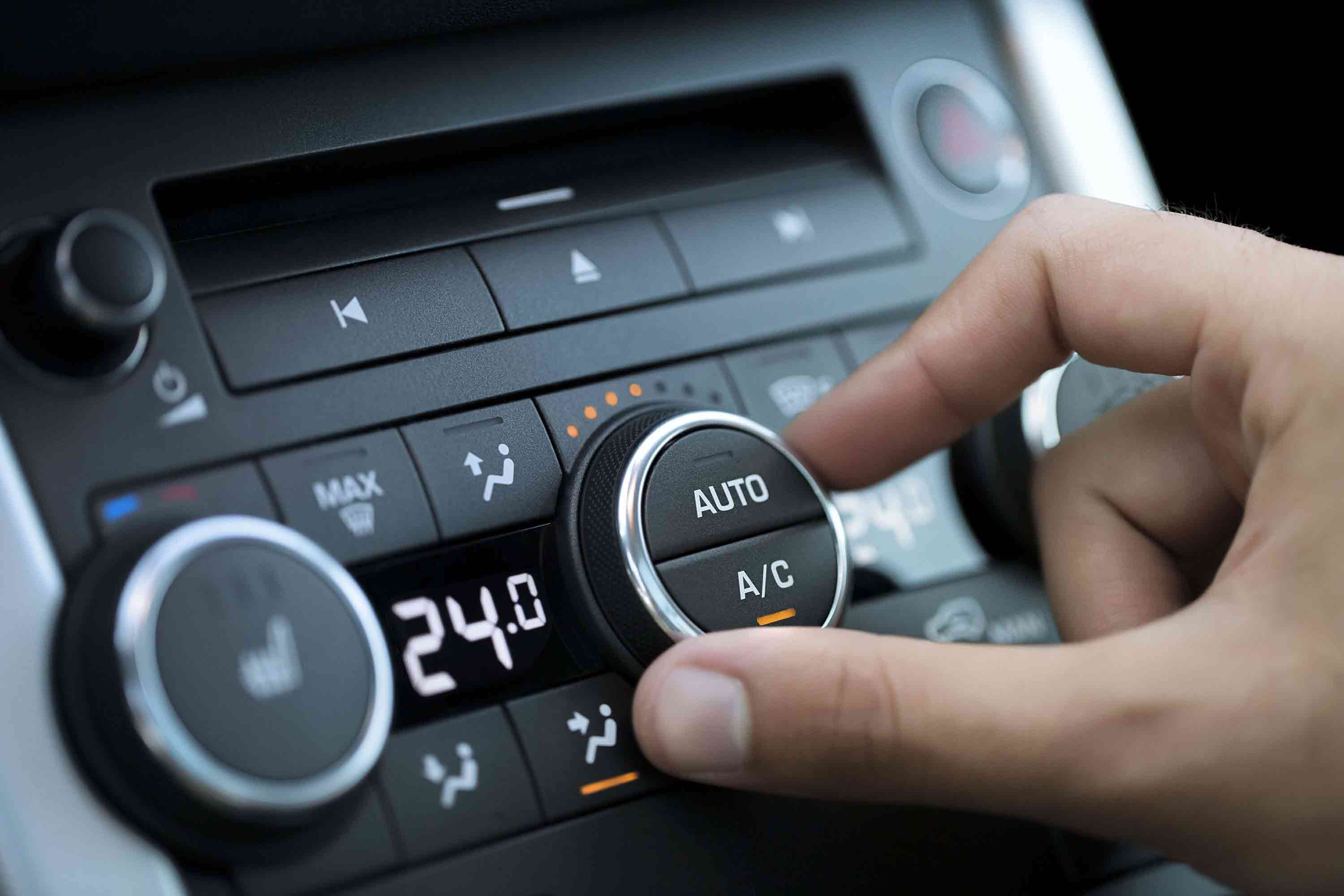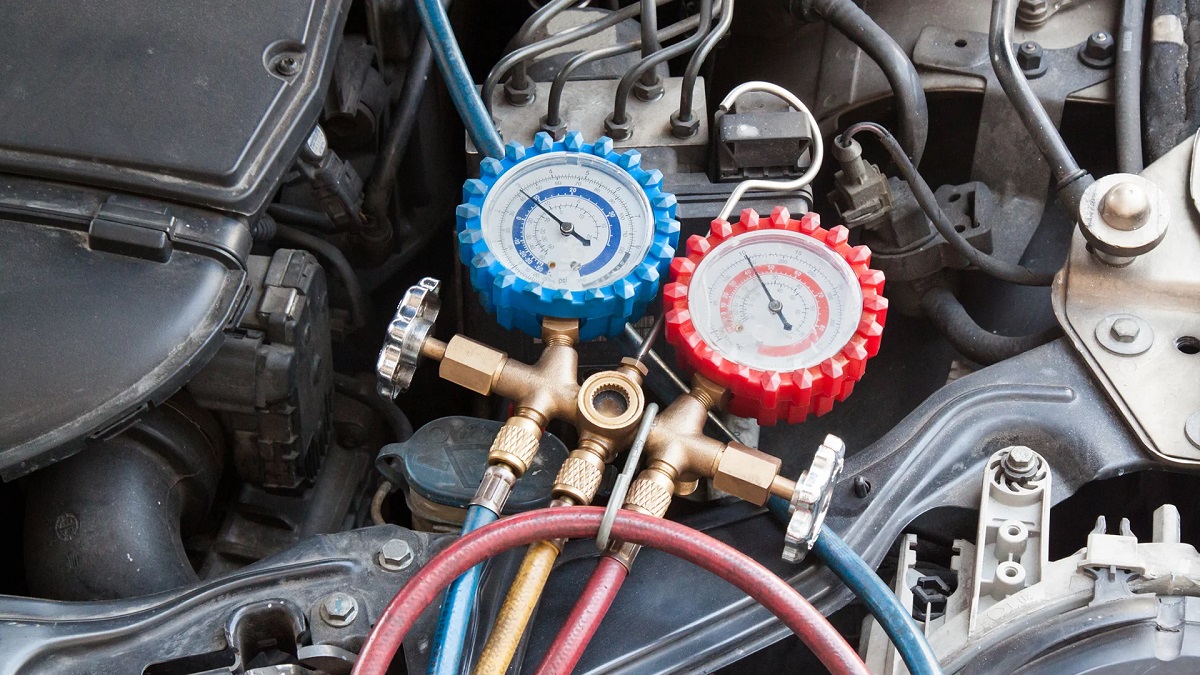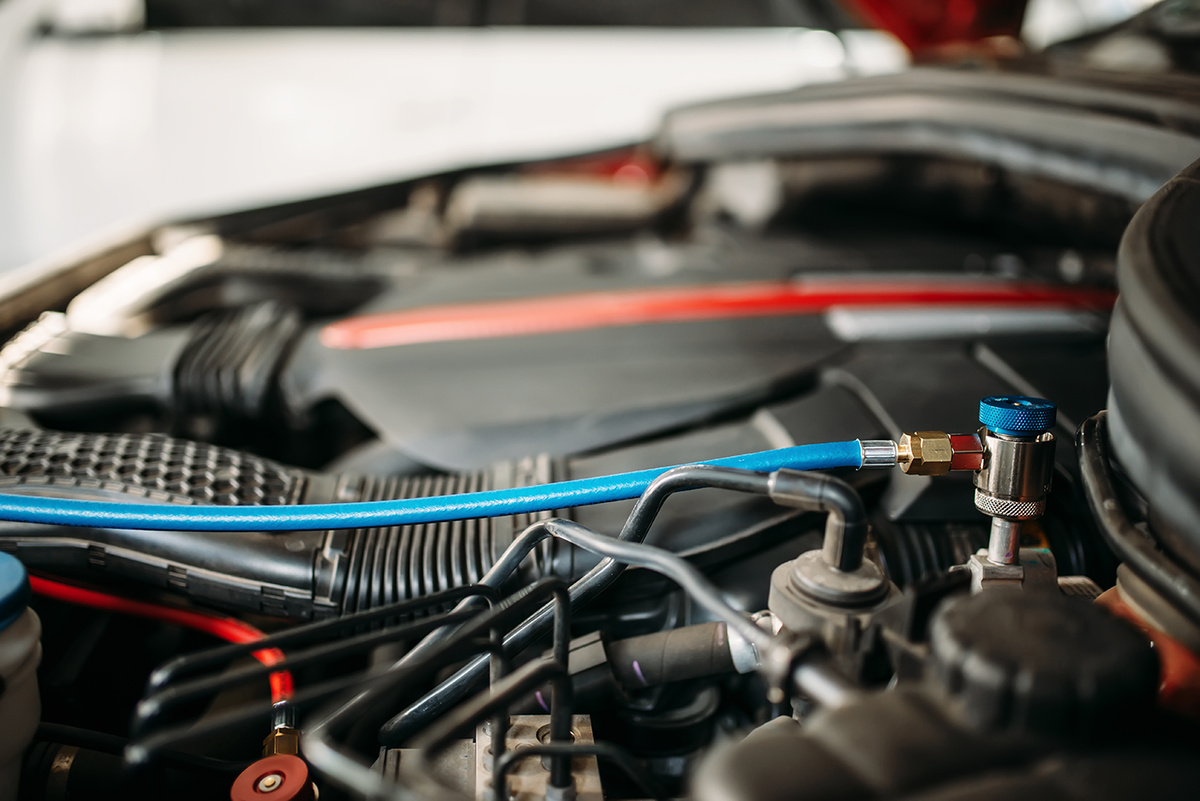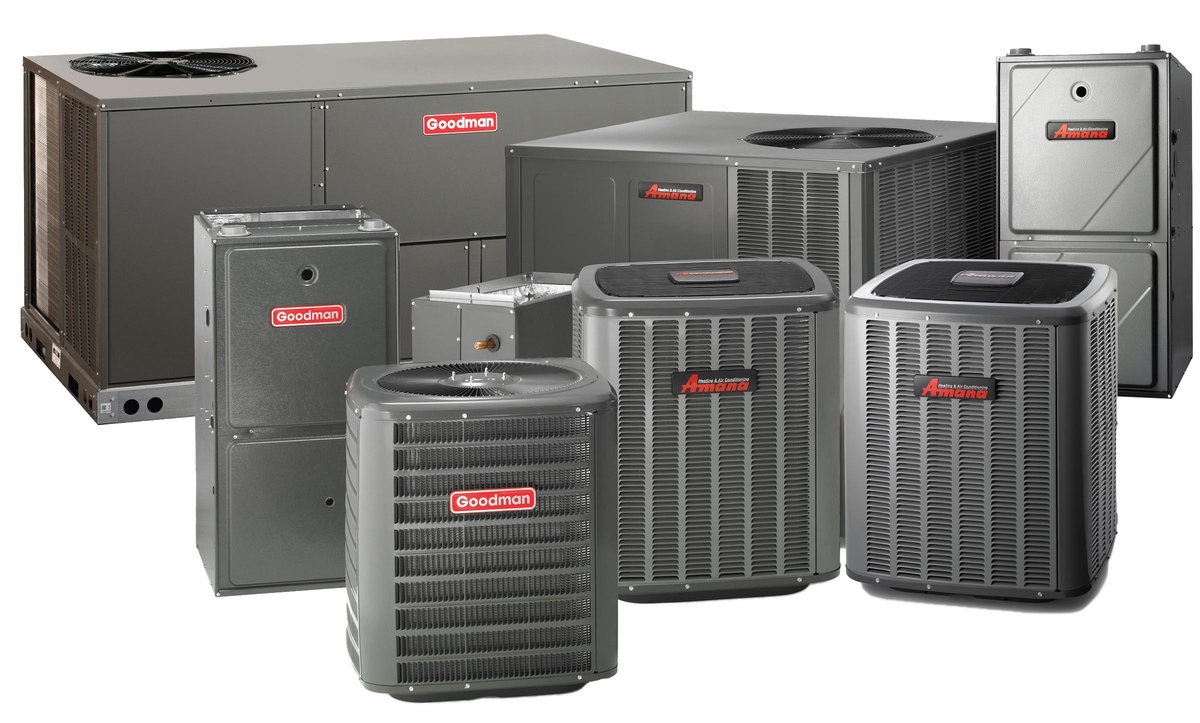Home>Home Maintenance>How Much Is It To Recharge Car Air Conditioning
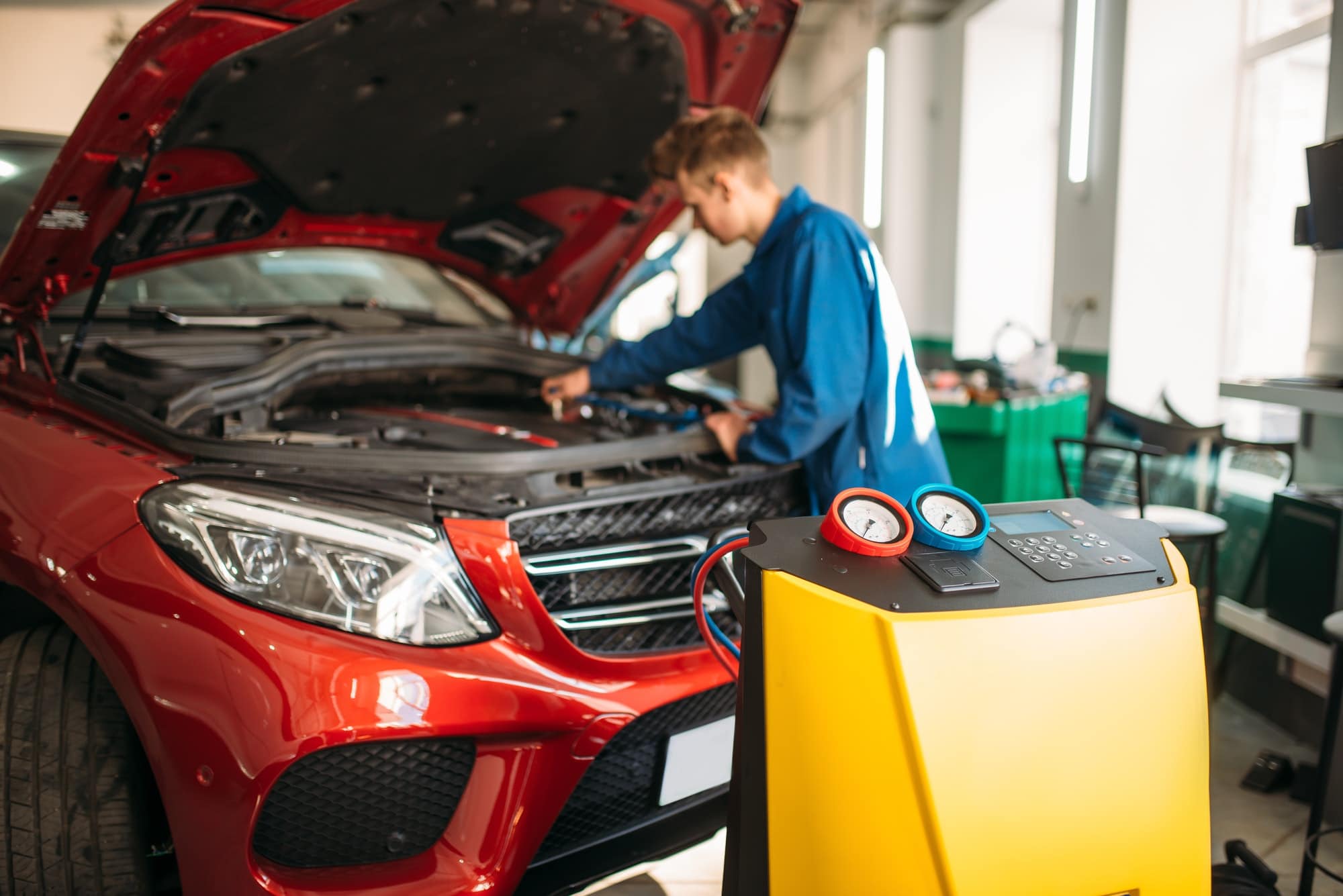

Home Maintenance
How Much Is It To Recharge Car Air Conditioning
Modified: March 21, 2024
Get an estimate for recharging your car's air conditioning at home. Learn how to save money on home maintenance and keep your A/C running efficiently.
(Many of the links in this article redirect to a specific reviewed product. Your purchase of these products through affiliate links helps to generate commission for Storables.com, at no extra cost. Learn more)
Introduction
Welcome to our comprehensive guide on how much it costs to recharge a car’s air conditioning system. Keeping your car’s air conditioning in optimal condition is vital for a comfortable driving experience, especially during hot summer months. Over time, the refrigerant in your car’s AC system may need to be recharged to ensure it remains effective in cooling the interior of your vehicle.
In this article, we will explore the factors that influence the cost of a car air conditioning recharge, the average expenses you can expect, and whether it’s worth considering a DIY approach or seeking professional assistance. We will also provide some helpful tips to save money on car AC recharges. So, let’s dive in and learn more about this essential aspect of car maintenance.
Key Takeaways:
- Recharging your car’s air conditioning system can cost between $100 to $300, but factors like refrigerant type, vehicle model, and additional repairs can influence the price. Consider DIY or professional options based on your expertise and budget.
- To save money on car AC recharges, maintain your system regularly, address issues promptly, compare prices, and take advantage of deals. DIY maintenance and reputable recharge kits can also help cut costs while ensuring optimal AC performance.
Read more: How To Recharge Your Air Conditioning System
Understanding the Car Air Conditioning System
To comprehend the cost of recharging your car’s air conditioning system, it’s essential to understand how the system operates. The car AC system plays a crucial role in maintaining a comfortable and cool environment inside your vehicle.
The main components of a typical car AC system include the compressor, condenser, evaporator, expansion valve, and refrigerant. The refrigerant, often known as Freon, is responsible for absorbing the heat from the air and cooling it down before it is circulated back into the car’s cabin.
The compressor is the heart of the AC system, as it pressurizes the refrigerant and circulates it through the different components. The condenser, usually located at the front of the car, removes heat from the compressed refrigerant and transforms it into a high-pressure gas. The refrigerant then flows into the evaporator, which is housed inside the car’s dashboard.
As the refrigerant passes through the evaporator, it absorbs heat from the air inside the vehicle, thereby cooling it down. The expansion valve regulates the flow of the refrigerant, ensuring it reaches the correct pressure and temperature for optimal cooling. This continuous cycle allows the car’s AC system to maintain a cool and comfortable interior, regardless of the outside temperature.
Over time, the refrigerant in the AC system can gradually leak out or become less effective due to various factors, such as wear and tear, debris accumulation, or component failure. When the refrigerant level drops, the AC system becomes less efficient at cooling the air, resulting in decreased performance and discomfort for the passengers.
Recharging the AC system involves replenishing the refrigerant to its optimal level, ensuring that the AC functions optimally and provides the desired cooling effect. However, it’s important to note that simply recharging the system will not fix underlying issues such as leaks or damaged components. Therefore, it is crucial to address any underlying problems before considering a recharge.
Factors Affecting the Cost of Car Air Conditioning Recharge
Several factors can influence the cost of recharging a car’s air conditioning system. Understanding these factors will help you estimate the expenses involved and make informed decisions. Here are the key elements that can impact the cost:
- Type of Refrigerant: The type of refrigerant used in your car’s AC system is a significant factor. Older vehicles typically use R-134a refrigerant, while newer models may use the more environmentally friendly R-1234yf refrigerant. R-1234yf is generally more expensive than R-134a, so the type of refrigerant required for your vehicle can affect the cost of a recharge.
- Refrigerant Quantity: The amount of refrigerant needed to recharge your AC system will impact the overall cost. Larger vehicles or those with dual air conditioning systems may require more refrigerant, resulting in higher expenses.
- Vehicle Make and Model: The make and model of your vehicle can also influence the cost. Luxury or imported cars may have specialized AC systems that require specific tools, expertise, or refrigerants, leading to higher recharge costs compared to standard vehicles.
- Regional Pricing: Pricing for car AC recharge services can vary depending on your location. Factors such as the local market demand, competition, and cost of living can impact the service rates in your area.
- Additional Repairs: If your AC system has underlying issues such as leaks, damaged components, or malfunctioning parts, it may require additional repairs before or during the recharge process. These additional repairs can significantly increase the overall cost.
- DIY or Professional Assistance: Lastly, whether you choose to recharge the AC system yourself (DIY) or opt for professional assistance can affect the cost. DIY recharges may be less expensive upfront, but they can pose risks if not done correctly. Professional services may come at a higher cost, but they provide expertise, equipment, and assurance that the recharge is done correctly.
Keep these factors in mind when estimating the cost of a car air conditioning recharge. It’s also essential to consult with reputable automotive technicians or service centers to get accurate pricing information for your specific vehicle and location.
Average Cost of Car Air Conditioning Recharge
The cost of recharging a car’s air conditioning system can vary depending on several factors previously discussed. On average, the cost of a basic AC recharge can range from $100 to $300. However, it’s important to note that this is just an estimate, and actual prices may vary.
Factors such as geographic location, the type of vehicle, the amount of refrigerant required, and any additional repairs or services needed can significantly influence the cost. Luxury or imported vehicles may have higher recharge costs due to specialized systems or refrigerants.
Moreover, the labor charges for professional services can also contribute to the overall cost. Technicians will spend time inspecting the AC system, checking for leaks, and ensuring everything is functioning correctly before performing the recharge. These additional services are essential to ensure optimal performance and can impact the final cost.
It’s worth mentioning that some vehicle service centers or automotive repair shops may offer package deals or discounts for AC recharges, especially during specific seasons or promotions. It’s a good idea to explore these options and compare prices from reputable service providers in your area.
If you choose to perform a DIY recharge, keep in mind that the cost will mainly be for the purchase of the refrigerant and any necessary tools. DIY recharge kits can vary in price but generally range from $30 to $100.
While DIY recharges may seem more cost-effective initially, it’s important to consider the risks involved. Mishandling refrigerants or not addressing underlying issues can lead to further damage and costly repairs down the line. It’s crucial to have the necessary knowledge, tools, and experience to perform a safe and effective recharge.
Overall, the average cost of a car air conditioning recharge can be influenced by various factors mentioned earlier. It is recommended to consult with professionals to get accurate estimates tailored to your specific vehicle and location.
DIY vs Professional Car Air Conditioning Recharge
When it comes to recharging a car’s air conditioning system, you have two options: a do-it-yourself (DIY) approach or seeking professional assistance. Let’s explore the advantages and disadvantages of each:
Read more: How To Fix Car Air Conditioning
DIY Car Air Conditioning Recharge
Performing a DIY car air conditioning recharge can be a cost-effective solution for some individuals. Here are the key advantages:
- Lower Cost: DIY recharges are generally less expensive upfront since you only need to purchase the refrigerant and any necessary tools. DIY recharge kits are readily available at auto parts stores or online.
- Convenience: Recharging your AC system at your own pace and on your own schedule can be more convenient, especially if you have some knowledge and experience with automotive maintenance.
- Learning Opportunity: DIY recharges can provide an opportunity to learn more about your vehicle and its AC system. It allows you to gain knowledge and skills that might come in handy for future maintenance or repairs.
However, there are potential drawbacks to consider when attempting a DIY car air conditioning recharge:
- Risk of Error: Mishandling refrigerants or not following the correct procedures can lead to further damage to your AC system. This can result in costly repairs later on.
- Lack of Expertise: DIY recharges require some level of technical knowledge and familiarity with automotive systems. If you are not confident in your abilities, it may be challenging to diagnose any underlying issues or perform the recharge accurately.
- No Guarantee of Success: DIY recharges may not always solve the underlying problems. If your AC system has leaks or other issues, a professional diagnosis and repair may be necessary.
Professional Car Air Conditioning Recharge
Seeking professional assistance for your car air conditioning recharge comes with its own set of advantages:
- Expertise and Experience: Automotive technicians have the knowledge, skills, and experience to diagnose and address any underlying issues with your AC system. They can ensure a correct and efficient recharge.
- Equipment and Tools: Professionals have access to specialized equipment and tools to perform a thorough recharge and diagnose any problems accurately. This increases the likelihood of a successful outcome.
- Guaranteed Service: Reputable service centers often provide warranties or guarantees for their work. This offers peace of mind and protection in case any issues arise after the recharge.
However, professional car air conditioning recharges also have some potential drawbacks:
- Higher Cost: Professional services generally come at a higher cost compared to DIY recharges, as you are paying for expertise, labor, and the additional services provided.
- Dependency on Scheduling: You’ll need to schedule an appointment and potentially wait for the service center’s availability, which may not always align with your timeline.
Ultimately, the decision between a DIY or professional car air conditioning recharge depends on your level of expertise, comfort, and the complexity of your AC system. If you are unsure or lack the necessary skills, seeking professional assistance is recommended to ensure a safe and effective recharge.
It can cost anywhere from $100 to $400 to recharge a car’s air conditioning system, depending on the type of refrigerant needed and the labor costs. It’s important to have a professional mechanic do the recharge to ensure it’s done correctly.
Tips for Saving Money on Car Air Conditioning Recharge
While recharging your car’s air conditioning system is an essential maintenance task, it’s understandable that you may want to save some money in the process. Here are some tips to help you reduce the costs of a car AC recharge:
- Maintain the AC System Regularly: Proper and regular maintenance of your AC system can help prevent issues and reduce the need for frequent recharges. Clean or replace the cabin air filter regularly, and have your AC system inspected during routine vehicle maintenance.
- Address Underlying Issues: If you notice that your AC system is not cooling efficiently or is experiencing other problems, have it inspected promptly. Addressing any leaks, damaged components, or malfunctioning parts early on can help prevent more significant issues and save you money in the long run.
- Compare Prices: Shop around and compare prices from different automotive service centers or repair shops. Keep in mind that the lowest price may not always be the best option, as quality of service and expertise are also crucial factors to consider.
- Take Advantage of Deals and Discounts: Look for special deals or promotions offered by service centers. Some places may offer package deals or seasonal discounts on AC recharges, allowing you to save money while still receiving professional service.
- Consider Independent Mechanics: Independent mechanics may offer competitive prices compared to dealership service centers. They often have the necessary expertise and experience to perform AC recharges at a lower cost.
- DIY Maintenance: While DIY recharges can come with risks and limitations, you can still save money by performing regular maintenance tasks yourself. Clean the condenser and evaporator coils, check for clogs, and ensure proper airflow around the AC components.
- Use Reputable Recharge Kits: If you decide to perform a DIY recharge, invest in a reputable recharge kit with high-quality refrigerant. Cheaper, low-quality kits may be tempting, but they can potentially cause more harm than good.
- Follow Proper Recharge Procedures: If you choose to perform a DIY recharge, make sure to follow the appropriate procedures and safety guidelines. Mishandling refrigerants or improper techniques can lead to damage or injury, resulting in additional costs.
- Combine Services: If you need additional automotive maintenance or repairs, consider combining them with the AC recharge. Service centers may offer discounted prices or package deals when multiple services are performed together.
By following these tips, you can save money on your car air conditioning recharge while still ensuring the optimal performance of your AC system. Remember, proper maintenance and addressing issues promptly can help prevent costly repairs and extend the lifespan of your AC system.
Conclusion
Recharging your car’s air conditioning system is an essential aspect of vehicle maintenance to ensure a comfortable driving experience, especially during hot summer months. While the cost of a car air conditioning recharge can vary based on factors such as refrigerant type, quantity, vehicle make and model, and location, it’s important to consider the value of maintaining a properly functioning AC system.
Understanding the fundamental components of a car’s AC system and the factors that influence the cost of a recharge is crucial in making informed decisions. Whether you choose a DIY approach or seek professional assistance, weighing the advantages and disadvantages of each option can help you make the right choice for your situation.
While a DIY recharge may provide initial cost savings, it is essential to have the necessary knowledge, skills, and tools to perform the recharge accurately and safely. Professional services, on the other hand, offer expertise, equipment, and guarantees that the recharge is done correctly, albeit at a higher cost.
Regardless of the approach you choose, there are ways to save money on a car air conditioning recharge. Regular maintenance, prompt addressing of underlying issues, comparing prices, taking advantage of deals and discounts, and considering independent mechanics are some strategies to reduce costs while still receiving quality service.
Remember, maintaining your car’s AC system goes beyond a simple recharge. Proper maintenance, regular inspections, and addressing any problems promptly are essential to ensure optimal performance and avoid costlier repairs in the future.
By being proactive and informed, you can keep your car’s air conditioning system in top condition, allowing for a comfortable and enjoyable driving experience year-round.
Frequently Asked Questions about How Much Is It To Recharge Car Air Conditioning
Was this page helpful?
At Storables.com, we guarantee accurate and reliable information. Our content, validated by Expert Board Contributors, is crafted following stringent Editorial Policies. We're committed to providing you with well-researched, expert-backed insights for all your informational needs.
